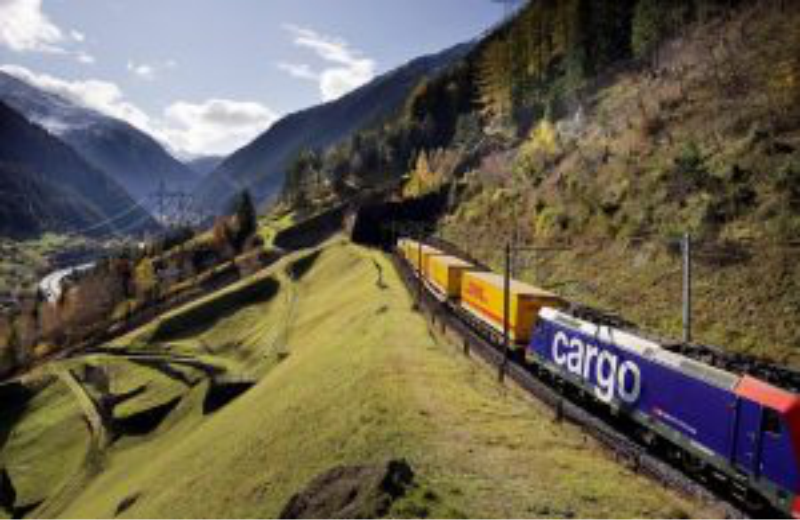The Shanghai Cooperation Organization (SCO) recently held its 22nd summit in Samarkand last month. Foreign Secretary, Vinay Kwatra confirmed that energy security was a prominent item on the agenda during Prime Minister Narendra Modi’s trip to the summit which was also attended by Chinese President Xi Jinping and Russian President Vladimir Putin.
The focus on energy security is unsurprising in view of the sharp rises in energy prices in the aftermath of the ongoing conflict in Ukraine and the consequent Western sanctions on Russia.
However, the sanctions on Russia have provided India with a valuable opportunity to acquire import energy, food and fertilizers at very attractive rates. Indian refiners have boosted imports of Russian oil to 757,000 barrels per day during the April-August period this year. This is a sharp increase from the figure in 2021.
Indian imports of Russian coal doubled from 4.83 million tons to 9.35 million tons since Russia’s commencement of military actions in Ukraine. Similarly, India imported $1.03 billion worth of fertilizers from Russia in this same period, compared to $150 million in the corresponding period last year.
It is no coincidence that in July, the Reserve Bank of India (RBI) introduced a new mechanism for settling trades in rupees, a move that greatly facilitates trade with Russia.
In the wake of escalating sanctions from the West and with the prospect of additional sanctions looming, Russia has been moving rapidly to secure alternative trading markets.
Increased trading volumes with India and Central Asia are central to this agenda. This increase in trading volume between India and Russia has been greatly aided by the emergence of the International North-South Trading Corridor (INSTC).
According to industry sources, Islamic Republic of Iran Shipping Lines (IRISL) has seen a steady increase in cargo movement contracts on the route and handled 3,000 tons of freight between May and July.
The Federation of Indian Export Organizations (FIEO) stated that the route reduced voyage time to Central Asia by 40 per cent and reduced costs by 30 per cent. The INSTC route allows the movement of goods between India and Russia to be completed in around 25 days, compared to the 40 days that is the norm on the more established shipping routes.
In addition, this route allows Russia to bypass the Suez Canal and eliminate its reliance on trade routes that pass along the European Coast.
India and Iran are working on bilateral arrangements to include the Chabahar Port under this framework. Shipping minister, Sarbananda Sonowal, speaking at an industry event in Mumbai, stated that accessing the INSTC via the Shahid Beheshti port at Chabahar would connect India and Russia using a multi-modal logistics corridor.
Sonowal claimed the entire process would rationalize logical cost and allow for a faster, shorter and more economical route between the regions.
The dramatic increase in energy imports from Russia represents a strategic shift on the part of India. This is prompted by the imperative of energy security. India and Russia have always shared a close political and strategic partnership, however the economics and logistics of oil transport between the region has contributed to India’s dependence on West Asia and New Delhi is seeking to diversify.
Russian light oil is easier to refine and is accordingly priced higher. As the price of Russian oil has dropped in response to sanctions, India’s economic calculations have changed in turn, prompting a sharp increase in imports.
Foreign Minister, S. Jaishankar clearly stated that India’s imperative was to protect the need of its citizens and cushion the impact of rising energy prices on their lives.
Central to India’s changing strategy on Russian imports is its imperative of strategic independence. Geopolitical realities have contributed to a change in economic conditions, opening up the possibility of attractively priced imports of critical energy, food and fertilizers from Russia.
Embracing this opportunity not only enables New Delhi to cushion the impact of inflation and rising energy prices on its population, but also provides significant bargaining leverage against its other suppliers. Economic and logistical challenges did not enable growth of India-Russia economic partnership in the past. The impact of Western sanctions on Russian trade has prompted rapid changes in the underlying economic realities and prompted a move towards a trading relationship based on the shared principles of mutual benefit, cooperation and strategic stability. INSTC will facilitate this transition and encourage further cooperation.







